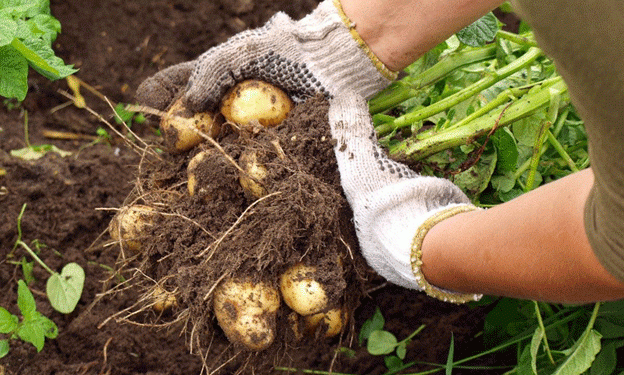The Rising Threat of Late Blight
Late blight is the most serious disease affecting potatoes, capable of destroying entire crops within days. This fungus attacks both the foliage and tubers, and its adaptability allows it to quickly develop resistance to fungicides and overcome resistance genes in potato varieties. Recent wet and warm weather conditions across many European regions have exacerbated the spread of Phytophthora infestans, leading to increased disease pressure and outbreaks.
In Denmark and the Netherlands, late blight epidemics have caused significant economic losses. The heavy disease pressure and repeated use of a limited range of plant protection products have led to inadequate resistance management. These conditions have forced farmers to neglect necessary resistance strategies, further worsening the situation.
Strategic Responses and the EU Action Plan
In response to these challenges, UNIKA and the German Farmers’ Association support the European Potato Alliance’s call for an EU Action Plan against late blight, announced on May 30, 2024, during the first International Potato Day. This plan targets stakeholders across the potato value chain, including policymakers, regulatory bodies, advisors, and researchers. It outlines short- and mid-term measures, recommendations, and demands for research, breeding, advisory services, monitoring, integrated pest management, and agricultural policy.
Feuerborn emphasizes the need for a coordinated, cross-border effort to prevent the rapid spread of new, aggressive Phytophthora infestans strains and to combat the development of resistance in fungicides and potato varieties. “We must refill our toolbox,” he states, calling for collaboration with national and European authorities to develop effective solutions.
Integrated Pest Management Strategies
Future-oriented strategies for managing Phytophthora infestans within integrated pest management frameworks include not only preventive phytosanitary measures but also the use of effective fungicidal products and potato varieties with robust resistance traits. A well-coordinated combination of these factors is essential for protecting crops while preserving the efficacy of resistance properties and fungicidal mechanisms.
As climate change and disease pressures continue to challenge potato farmers, a unified approach and robust strategies are crucial for safeguarding the future of potato farming in Europe. The EU Action Plan offers a comprehensive roadmap for addressing these challenges, emphasizing the importance of collaboration and innovation in ensuring sustainable potato production.







